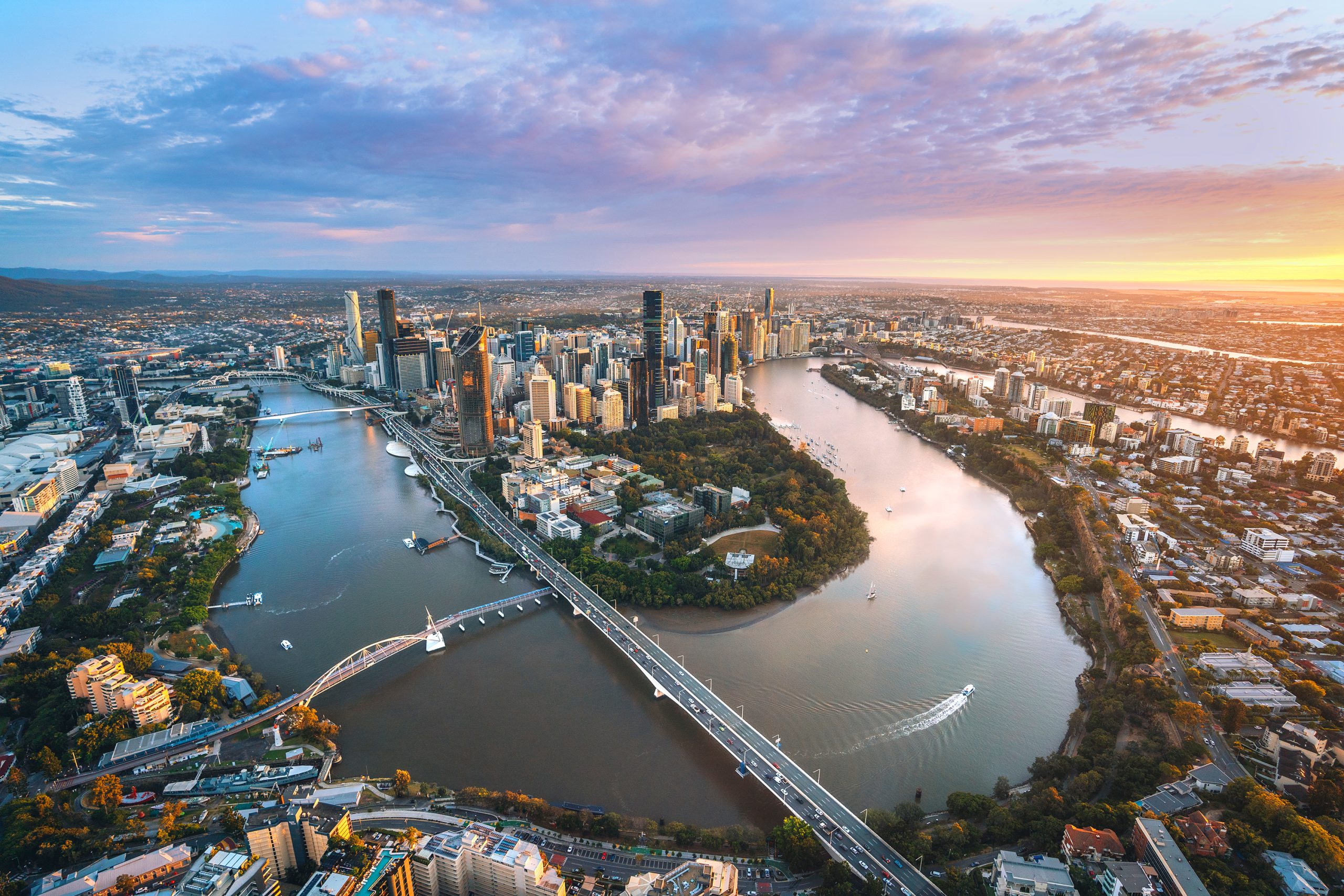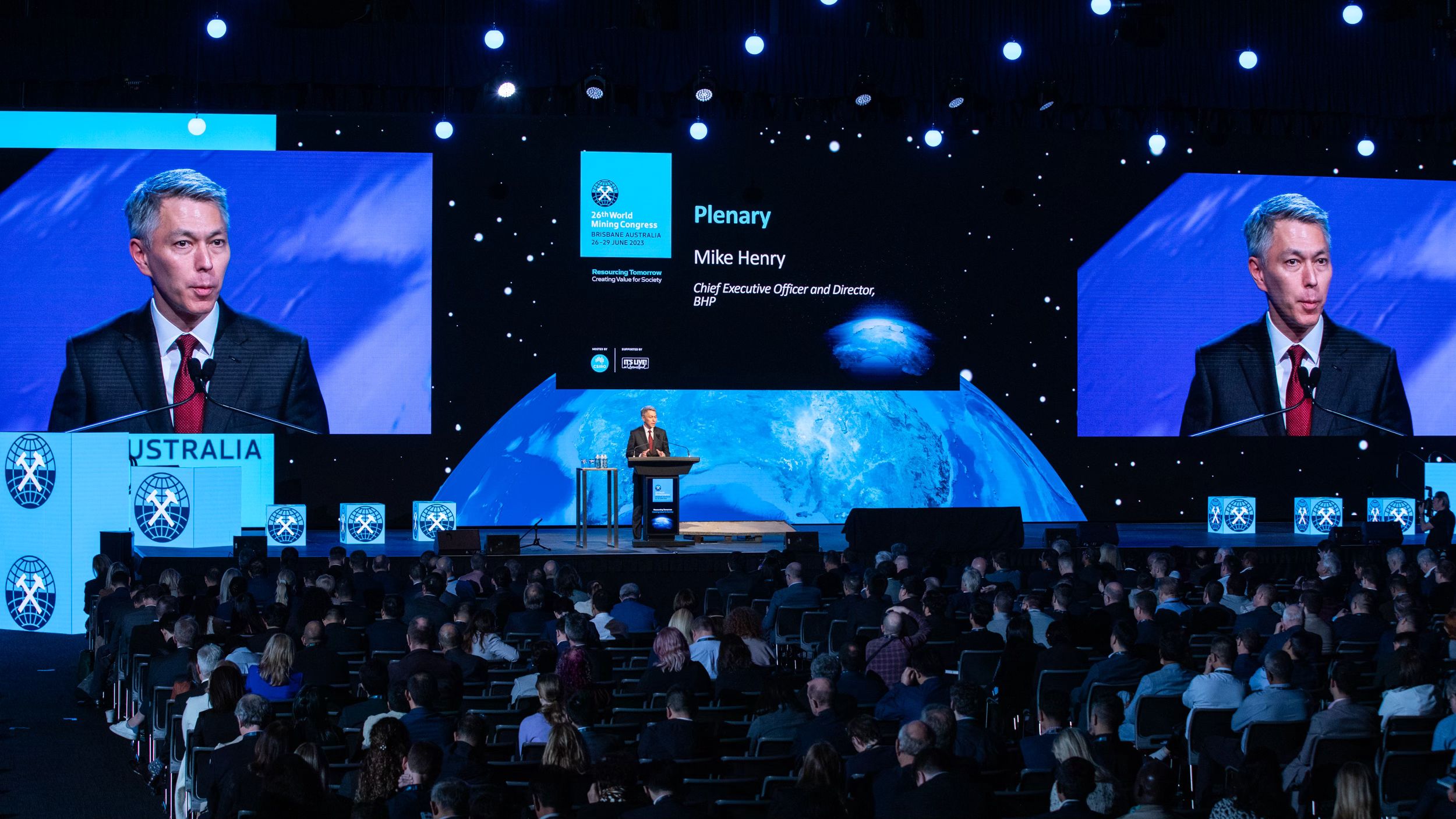Companies which host their events offsite demand that their partners, customers and employees are well taken care of at every stage of the itinerary. And for that to happen, safety is on top of the event management plan to ensure that every guest has the peace of mind to enjoy every activity in store.
Maria Suzanna Ariola-Juni, director of tours at Rajah Travel Corporation, says that safety remains the number one priority in choosing destinations for offsite corporate events and incentive travels.
“Companies actually look at different areas where safety is concern – the destination, the airline, the transfer services and the hotel,” adds Ariola-Juni, who conducts the outbound tours for the Philippine-based destination management company (DMC).

Rajah Travel arranges incentive tours for some of the leading multinational companies operating in the country. It works with other DMCs to determine whether a destination abroad is suitable for incentive travels.
“The main challenge for us is getting legitimate information of that destination. We often ask the organiser to give assurances by presenting facts that this destination is safe and provide effective measures in cases of emergencies. Indeed, an assurance letter from the organiser that the event will be safe.”
Ariola-Juni says that Rajah Travel’s corporate clients do not ask for safety audits on proposed accommodations and venues unless there is a perceived safety issue in the destination – for example Bali and Israel.
“We are aware that some of these safety concerns are just a matter of perception, so we actually do site inspection to validate that a country is indeed safe to visit,” she adds.
Safety, however, is a primary concern for event planners and organisers, whether the function is held in the hosting company’s country of domicile or overseas. And these professionals are aware that mitigating risks will always be part of their job.
“Every business and organisation has a unique exposure to risk. This exposure can be quantified as you move from your closed and controlled corporate environment to an open and public space. Several weeks before the scheduled event, we would conduct a comprehensive review of the chosen venue. A venue report is provided to minimise exposure and eliminate any last-minute surprises. We will gain the knowledge of how to operate throughout the day-to-day unfolding of the event, “ said Peggy Lau, Hongkong based-regional general manager of Pacific World.
Lau swears by the Venue Survey Report, which she claims is a crucial factor is ensuring safety and a trouble-free event.
“Our Venue Survey Report is our blueprint for success. We will determine crime statistics and forecasts, key contacts for law enforcement, medical response, fire protection and access control procedures upon which to make contingency plans in case of unpredictable events. Our goal is to plan for the unlikely or the improbable, to severely limit potential liability so that the event will be remembered as a safe, well- planned, excellent experience,” Lau notes.
Secure venue
Venues such as hotels, whose main business is on booking banquet and function rooms for corporate events and meetings, only know too well that security is one of the major deciding factors before company event organisers sign on the dotted line.
“Our meeting client, who booked with us for meetings and conferences, always ask if our hotel is equipped with safety tools. Usually the overseas clients will require specific safety measures,” says Christoph Vielle, general manager of Pullman Bangkok King Power.
The newly opened business hotel in Bangkok follows strict safety guidelines to ensure maximum security for its guests and staff. All hotel employees are trained in the use of safety tools and are prepared for emergency with regular fire drills.
The hotel maintains a 24-hour security personnel and its safety audit on its property are readily available to corporate clients.
There is one major hitch, however. No matter what safety measures a venue provider puts in place, their chance in winning that event rests on the overall peace and order situation of the country where the venue is located.
“If there is any concern about the unstable government, sometimes clients will move their meetings to another country instead of Thailand,” Vielle points out.
Combating negative perception
Albert Lafuente, director of sales at Shangri-La’s Mactan Resort & Spa, has become adept at handling safety concerns that are always thrown his way by event planners and organisers.
“We always invite events organisers to visit the destination for them to have a better feel of the situation. On our part, we go up to the extent of encouraging them to bring their corporate safety and security officers to have a more accurate assessment. Even when not required, we arrange meetings with our security officers and sometimes when there is a high level event, we always organise a dialogue with the top officers of the local police force,” he says.
The resort located in the Philippine island of Cebu had had a hand in organising high-level meetings such as the Asean Summit in January 2007.
“For majority of our corporate accounts, we always involve our safety and security officers during site inspections. We anticipate questions by preparing ahead of time on the possible scenarios they may be inquiring. We had an event with a global oil company where we learned how important the safety belts are — even in buses and coaches.”
Lafuente adds: “In Cebu, it is not required for buses to have seatbelts, so we had to scrounge for suppliers that would have seatbealts in place. On arrival day, it was discovered that one of the buses did not comply and the guests were not allowed to use this bus, prompting us to arrange for cars”.
Shangri-La’s Mactan Resort & Spa conducts a major safety audit once a year, facilitated by its regional safety officer. The resort has fire drills three times a month, evacuation drills every six months, and a safety briefing before every event, all on a regular basis. The hotel is a HACCP-accredited hotel that ensures high food-safety standards.
Lafuente observes the constant negative publicity that a destination like the Philippines receives is normally exaggerated, brought in part by a free and competitive media environment that thrives on sensational news.
“The Philippines being perceived to be unsafe is an understatement. It is always the negative perception of the country — the constant political bickering and the unresolved conflict in Mindanao, which is actually very far from where we are. We are always faced with challenges pertaining to these issues.
“Of course, there could be threats, and as to how imminent it is, we wouldn’t really have any way of knowing. Then again, which country or destination does not have any safety issue? Save for a very few destinations, the Philippines does not have a monopoly of all these threats,” he adds.
VENUE SAFETY AUDIT
• The building’s electrical fire alarm system is tested every Wednesday on a weekly basis
• Fire detectors are located in the guestrooms, corridors and all public areas
• Fire extinguishers/hose reels are in sufficient supply. You should be able to find a fire extinguisher within 25 metres
• Fire extinguishers are well maintained and within expiry dates
• All escape routes discharge to open-air locations
• Protected escape route or open air can be reached within 35 metres from any point of the hotel
• Escape routes are kept clear at all times
• Exits are clearly indicated with directional arrows/signs
• There is emergency lighting that leads to corridors and escape routes
• Emergency notices/route plans are posted in every room and in the corridors
• There is an agreed assembly point for the guests after a fire
• There are policies for allocation and escape procedures for disabled guests
• All risk rooms (such as kitchen, boiler room, laundry, electrical switch room) located in the accommodation building
• The hotel has 24-hour security
• The hotel provides first aid boxes in the reception and all departments
• The staff receives training in safety and emergency procedures
GENERAL SAFETY
• The rails in corridors/stairways and other parts of the hotel are safe and over 100cm of height in areas of drops in height
• There are handrails alongside staircases
• On each floor, there are posted signs on the elevator that say “Do not use in case of fire”
• The elevators are equipped with a stop control and alarm system
• Elevators are regularly checked by engineers
• The glass doors and other full-length glass expansions marked with stickers/stripes at the levels of 1.5m and 0.8m
Courtesy of Pullman Bangkok Kingpower
www.pullmanbangkokkingpower.com
TOP TIPS
All proposed accommodations and venues must be described in details. Go through the details with client in meetings. As the event host, you need to be at the event from start to finish.
If you need to divide responsibilities for the programme with other leaders in your group, make sure someone is in charge to be present throughout the entire event. Clients will feel more comfortable if it is clear to whom they should refer questions. Make sure all committee/group members know who is taking full responsibility for the event.
Go over site schematics and identify traffic flow with the staff team, divide the venue into posts and assign them to the staffs.
Reconfirm staff functions and assignments. Deploy one to three team leaders to monitor and ensure posts are being manned. The leaders float to problems in their vector, supervise situations and take notes for a post-event report. The leaders often provide fatherly support to staffs. Moreover, a uniform presence controls people mentally and physically.
Your objective is to protect your guests, staffs and assets against unforeseen threats. Go over the plan, the types of attendees, and check the capacity of the event. Ensure that the maximum capacity of the venue is not exceeded during the event. Choose a venue that will be appropriate for the maximum attendance. Perhaps tickets and “invitation only” can be used.
Keep an eye on crowd control. Keep this in mind when putting the security plan together. Communicate and work closely with client and the staff team. Check if alcohol will be served; and depending on the activity, arrangements may have to be made to have a doctor and nurses onsite.
No matter how much you plan, a few unexpected problems may arise and you might discover that you have a few last-minute details to resolve. The only thing we can do is to prepare for the unexpected.
Make sure you have at your fingertips the tools to solve any problems that may occur. Also, communication is very important.
Once the event is completed, gather to review and capture what you have all learned from the experience. A post-event report should be created within 24 hours after the event. The report must include a log detailing all situations and events, key mistakes and learnings, and a recommendation for improvement. When going through the review, include an examination of the planning stages, onsite participation, any incidents and the overall effectiveness of your security plan. Our goal is to determine whether we have satisfied clients and how we can apply the lessons learned to future opportunities
Peggy Lau, regional general manager, Pacific World www.pacificworld.com


